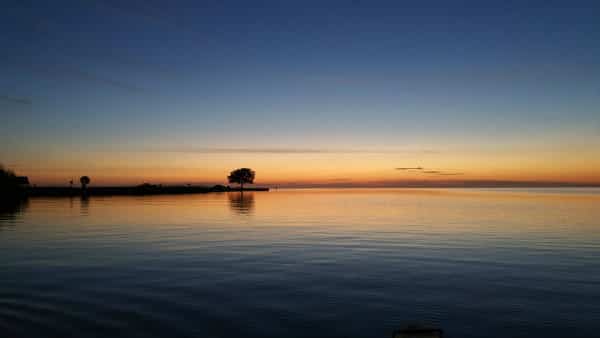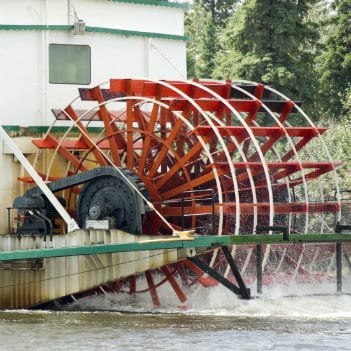If you or a loved one has recently suffered a maritime or offshore injury in Louisiana, you may have several concerns:
Contact us today to learn more about your rights after a Louisiana offshore injury.
With a total of 32 ports connecting to the Mississippi River, Gulf of Mexico, and other bodies of water, Louisiana’s maritime industry is a major contributor to the local and national economy. According to the Port Association of Louisiana (PAL), the state’s ports create and support 525,000 jobs which total $32.9 billion in personal earnings.
Communities have been built on these maritime jobs, and countless workers support their families through maritime and offshore work. However, it’s common for these workers to suffer serious injuries which impair their ability to return to their jobs. When this happens, it’s important for these workers to be aware of their legal rights to financial compensation.
If you’ve recently been injured as a maritime worker in Louisiana, an experienced maritime lawyer can help you learn more about your rights in a free initial consultation.
Find more information on maritime accidents by visiting: https://legalherald.com/offshore-injury/texas/


Maritime workers who get injured on the job are generally eligible for one of two forms of financial compensation:
In order to determine which benefits system applies to you, it may be necessary to discuss the nature of your work with an experienced maritime lawyer.
The US economy heavily relies on Louisiana’s ports to import and export a wide range of cargoes. In total, these ports generate about $182 billion in global economic output each year, with over 500 million tons of cargo passing through the Lower Mississippi River. This accounts for 25% of US waterborne commerce.
Some of the busiest ports in Louisiana include:
Located where the Mississippi River and Gulf Intracoastal Waterway meet, the Port of Greater Baton Rouge is ranked as 8th in the United States in annual total tonnage. This strategic location allows the port to handle cargoes throughout the Mississippi River system, ranging from northern Florida to southern Texas. Over 53 million tons of cargo move through this port each year, generating over $11 billion in state spending and over 20 thousand jobs throughout the state of Louisiana.
Port Fourchon plays a critical role in supplying the United States with oil and gas – servicing over 90% of deepwater oil production in the Gulf of Mexico and providing the US with 18% of its total oil supply. 250 different companies use the Port as their base of operations, and about 15 thousand people work at offshore locations supported by Port Fourchon.
The Port of New Orleans is a national leader, both in volume of cargo handled and cruise ship passengers passing through its waters each year. When combined with the nearby Port of South Louisiana, these two make up one of the top ten port systems in the world. Because of the convenient location at the lower center of the Mississippi River port complex, the Port of New Orleans has been called “America’s gateway to global markets.” 6 different national railways serve this port, which allows for the easy transportation of goods and cargoes throughout the country.
Maritime and offshore injuries are often severe and cause a variety of difficulties, both professional and personal. After an injury, it’s important to make sure you recover the full financial compensation you’re entitled to in order to account for these difficulties. At the very least, you should have the security of payments for lost wages and medical bills. But when an injury occurs in a preventable accident caused by negligence, it’s important to take additional action to get the compensation you deserve.
A Jones Act lawsuit can provide your family with the financial assistance you need, and also helps to hold negligent employers responsible for the harm they’ve caused. As more injured offshore workers file Jones Act lawsuits, more employers are forced to take safety more seriously. This can help prevent other offshore workers from suffering similar injuries in the future.
If you’ve recently been injured in an offshore accident in Louisiana and would like to learn more about your legal rights, contact us today for a free consultation. We can help you understand which benefits system covers you and help guide you through the process of securing those benefits.
See Related: Financial Compensation For Mississippi Offshore Injuries

 info@legalherald.com
info@legalherald.com